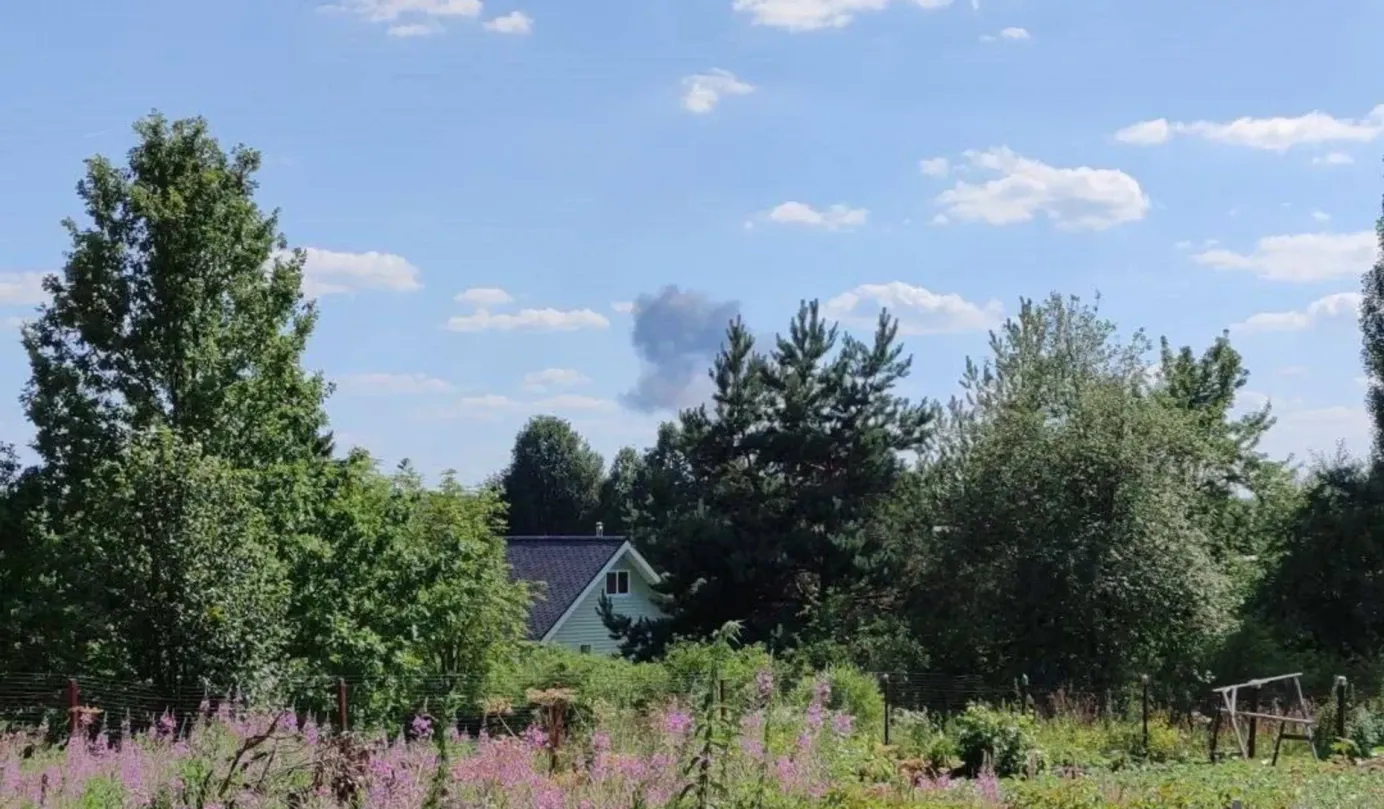
Back to the pandemic — Russian stats body delays bad news publications
Rosstat, Russia’s statistics agency, appears to be reverting to its pandemic-era practice of delaying the publication of statistical reports. Last week, Rosstat withheld the release of its latest socio-economic report which included information on soaring inflation levels across the country, until well into the evening.
- Last week, Rosstat delayed the publication of its Jan–Sep compendium of statistics on the “socio-economic situation in Russia” for three hours, releasing it at 9:00 p.m. Moscow time. The bulletin is a standard release of statistics that Rosstat publishes every month according to a fixed schedule. All previous editions had been released well before then. For instance, the previous edition appeared at 5:59 p.m., and the two before that both came out at 6:50 p.m. The agency’s press service blamed technical issues for the delay, but suspicions have been raised given the content of the reports.
- Among other things, the report confirmed that the latest inflation reading had continued to climb higher, hitting 6.65%. The Central Bank predicts that the pace of price rises at the end of the year will be 7-7.5% and at its last meeting, the regulator pushed its forecast rate upwards for the first time, moving from seeing inflation at 4% — the bank’s official target — to a range of 4-4.5%. Prices continue to rise despite tightening monetary policy, as the bank again raised its base rate, this time to 15% at the end of October, the highest level since May 2022.
- The delay has reminded Rosstat watchers of what happened during the pandemic in 2020, when Russia’s statistical agencies were spotted delaying the release of various statistics — on the economy and demographics — that contained bad news for the government. Back then, Rosstat started publishing data late in the evening in the hopes of avoiding drawing attention to “depressing data,” Reuters reported at the time. Prior to the pandemic, data was regularly published at 4:00 p.m. in Moscow. The late publication meant there was less time for journalists, some of whom receive the statistics under embargo, to analyze the figures and prepare articles, and attention towards the stories would be lower in the evening.
Why the world should care:
As recently as this summer, Vladimir Putin was boasting about inflation being just 2.9% — “lower than many Western countries,” he said. However, as the ruble falls, demand rises and stocks of imported goods dwindle, prices in Russia are increasing sharply towards the end of the year. There are presidential elections just around the corner and although Putin will face no serious competition, the authorities are reluctant to give the Russian population any unattractive data about the state of their country.




